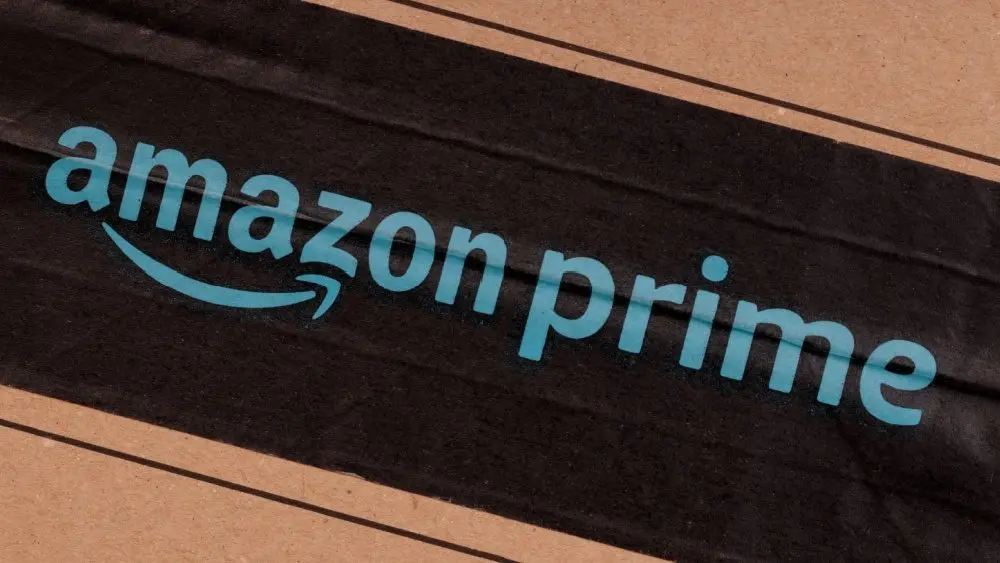Amazon has agreed to pay $2.5 billion to settle a Federal Trade Commission lawsuit accusing the company of misleading customers into enrolling in Prime and making the cancellation process overly burdensome.
Under the settlement, announced Thursday, the company will pay $1 billion in civil penalties — the largest fine ever imposed by the FTC — and $1.5 billion in refunds to consumers. Those eligible for compensation include people who were signed up for Prime through the company’s “Single Page Checkout” between June 23, 2019, and June 23, 2025, without realizing it or who faced obstacles when trying to cancel. Amazon did not admit wrongdoing as part of the agreement and has not publicly responded to the settlement beyond court filings.
The settlement closes out a lawsuit brought in federal court in Seattle over two years ago by former FTC Chair Lina Khan under the Biden administration, who targeted Amazon’s use of “dark patterns,” accusing the tech giant of tricking users into enrolling in Prime subscriptions that renewed automatically. The lawsuit alleged that the retailer had spent more than a decade violating consumer protection laws. Among the violations cited was a breach of the Restore Online Shoppers’ Confidence Act, a 2010 law intended to ensure online shoppers are fully informed before being charged.
Prime, which costs $139 annually or $14.99 per month, is a central part of Amazon’s business model. Subscribers receive benefits such as free two-day shipping, access to Prime Video, and discounts at Whole Foods. The service has grown to more than 200 million members worldwide. In its most recent earnings report in July, Amazon said its subscription services, which include Prime along with music and e-book offerings, generated over $12 billion in revenue — a 12% increase from the previous year.
Amazon has defended its subscription practices, saying customers are clearly informed of Prime’s terms before being charged and that cancellation is straightforward via phone, online, or live chat. In a recent court filing, the company said, “Occasional frustrations and errors are unavoidable — especially for a program as widely used as Amazon Prime.”
The FTC, however, argued that Amazon intentionally made it difficult for customers to complete a purchase without also enrolling in Prime. In many cases, the agency said, customers were shown a button to finalize an order without being told it would also trigger a Prime subscription. The FTC added that cancelling was equally problematic, with documents revealing that Amazon rejected or delayed design changes that would have simplified the process.
FTC Chair Andrew Ferguson called Thursday’s settlement a “record-breaking, monumental win for the millions of Americans who are tired of deceptive subscriptions that feel impossible to cancel.” The FTC is continuing, however, to pursue a broader antitrust case against Amazon.
Amazon spokesperson Mark Blafkin said in a statement that the company and its executives “have always followed the law” and that the settlement “allows us to move forward and focus on innovating for customers.” The e-commerce giant did not admit guilt, and the settlement did not require additional changes to its sign-up and cancellation process.
In her own statement, Khan called the $2.5 billion fine a “drop in the bucket” for Amazon and “a big relief for the executives who knowingly harmed their customers.” She accused the FTC of “rescuing Amazon from likely being found liable for having violated the law.”
Editorial credit: MAXSHOT.PL / Shutterstock.com

